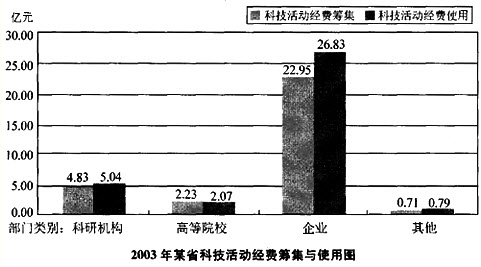题目:
In China, when a foreign guest is invited to have dinner at a restaurant, he will not be to know all the traditional table manners. But the guest knows some of them will get “face” and give “face” to his host. ,foreign guests will be forgiven(原谅)for not knowing dining etiquette(礼仪).If they aren’t used to chopsticks, hey will naturally be offered a fork. Chinese food, however, seems to taste better when it is eaten with . Although western customs have influenced Chinese dining habits, most of the traditions still live on. The guest of honor will usually be seated facing the .If the host can’t decide how to give a seat to his guests, he will seat them according to age. The host sits the door, as in the West, so that he is nearest to the kitchen. they have dinner in the host’s home, what will the host do? He’ll go out of his way to bring each dish to the table .Each guest will feel .The host will make them feel at home.
|
答案:
小题1:C
小题2:D
小题3:C
小题4:B
小题5:C
小题6:A
小题7:A
小题8:C
小题9:B
小题10:C
题目分析:短文大意:在中国,当一名外国客人被邀请到餐厅吃晚餐,他不会被期待知道所有的传统的餐桌礼仪。但客人知道他们中的一些人,将会给他的主人脸面。通常,外国客人将被原谅因不知道用餐礼仪。如果他们不习惯用筷子,他们自然会被提供一个叉。然而,用筷子吃中国食品,似乎味道更好。虽然西方的习俗已经影响了中国的饮食习惯,但大部分的旧的传统仍然继续着。
小题1:考查动词及语境理解。句意:他不会被期望知道所有的传统的餐桌礼仪。allowed允许;found发现;expected期待;wanted 想。根据句意可知该选C。
小题2:考查疑问词及语境理解。句意:但客人知道他们中的一些,将会给他的主人脸面。whose 谁的;which哪一个;whom谁,宾格;who谁,主格。先行词guest为人,在定语从句中做主语,所以选D。
小题3:考查副词及语境理解。句意:通常,外国客人将被原谅,由于不知道用餐礼仪。Hardly几乎不;Nearly adv.几乎,差不多; Normally 正常地;Especially adv.尤其地; 主要地,格外地; 显著地; 异常地。根据后面句子for not knowing dining etiquette 结合生活常识可知选C。
小题4:考查名词及语境理解。句意:用筷子吃中国食品似乎味道更好。hands手;chopsticks筷子;forks叉子;spoons汤匙。中国人习惯用筷子吃饭,所以选 B。
小题5:考查形容词及语境理解。句意:大部分旧的传统仍然继续着。difficult不同的;bad坏的;old旧的;new新的。根据语境可知选 C。
小题6:考查名词及语境理解。句意:主宾通常会坐在面对门的位置。door 门;hall大厅;window 窗;kitchen 厨房。根据常识可知选A。
小题7:考查形容词及语境理解。句意:如果主人不能决定如何给他的客人合适的座位,他将按年龄给他们安排座位。proper 合适的;good好的;clean干净的;big大的。根据后面句子he will seat them according to age可推知选 A。
小题8:考查介词及语境理解。句意:主人坐在门附近。behind在……之后;above在上面;near在附近;under在下面。根据常识可知选 C。
小题9:考查连词及语境理解。句意:如果他们在主人家吃晚餐,主人将会做什么?Although尽管;If如果;Because因为;Unless除非。故选 B。
小题10:考查形容词及语境理解。句意:每个客人都会感到轻松。surprised惊奇的;sad悲伤的;relaxed轻松的;tired 累的。根据He’ll go out of his way to bring each dish to the table 和The host will make them feel at home可推知选C。


